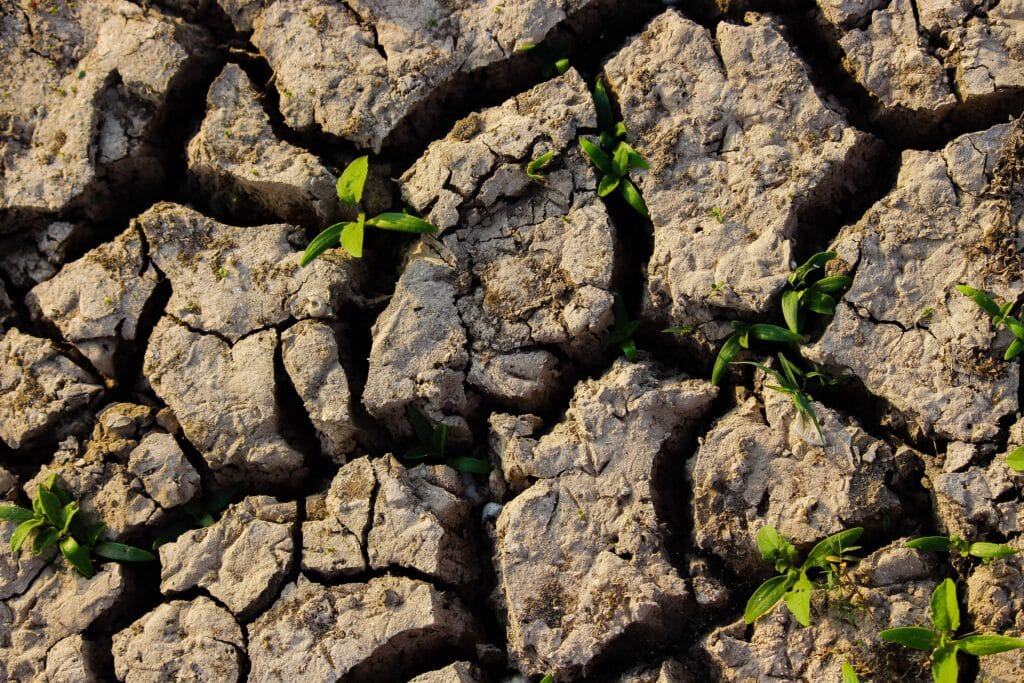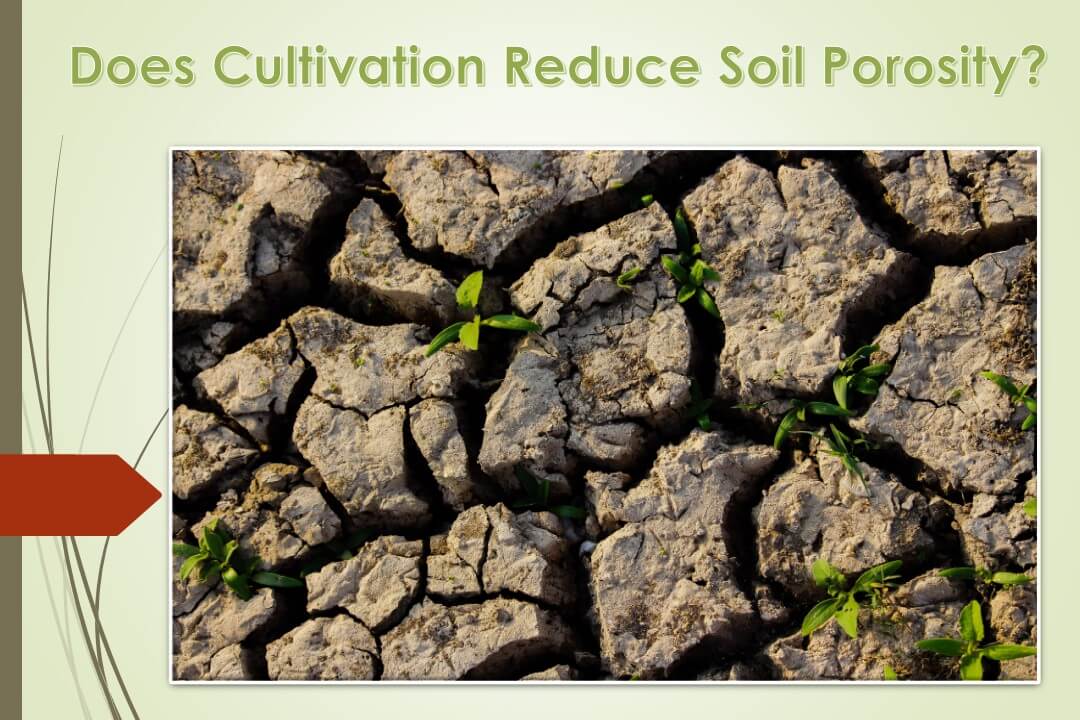One of the most common concerns farmers have about their soil is that it’s not porous enough to allow water, air, and nutrients to flow through it efficiently. A new study published in the journal Nature Plants suggests that Cultivation may reduce soil porosity, which could be one reason farmers struggle to improve soil fertility.
The study was conducted by a team of scientists at the University of California, Davis. They used an advanced imaging technique to measure the thickness and distribution of soil layers in a series of soil samples from six locations across northern California.
They found that Cultivation reduced soil porosity by up to 50 percent, which may help to improve water and nutrient movement through the soil. This is particularly important for farmers in areas with limited rainfall, as it could help them use available resources more efficiently.
The results of this study are potentially significant, as they suggest that cultivating land may be one of the best ways to improve soil fertility. However, it’s important to note that this research is still in its early stages, and there is still much to learn about the impact of Cultivation on soil properties.
Soil Porosity
Soil porosity is a measure of how loose the soil is, and it can affect the ability of water, air, and light to reach plant roots. A new study has found that Cultivation reduces soil porosity by as much as 50%, potentially improving the growth of plants.
Cultivation has long been thought to reduce soil porosity because it compacts the soil and breaks up lumps. But this study was the first to quantify the effect of Cultivation on soil porosity. The researchers used a three-dimensional model to simulate the effects of cultivating different types of land for six years.
They found that Cultivation reduced soil porosity by 50%. This porosity reduction could improve plants’ growth because it increases the amount of water, air, and light that reaches plant roots. It also allows more water to drain away from the surface layer of the soil, which can help prevent erosion.
The study provides new evidence that Cultivation can improve soil fertility. But the researchers say there is still much to learn about the impact of Cultivation on soil properties.
The Effects of Cultivation on Soil Porosity
Soil porosity is a common property of soils that can affect plant growth and water infiltration. A new study published in the journal Soil Science reports that Cultivation reduces soil porosity. The authors suggest this porosity reduction could help improve soil fertility and water retention.
Soil porosity is a measure of the space between soil particles. It can be affected by several factors, including particle size, moisture content, and texture. Porosity can also be affected by how the soil is cultivated or managed.

Cultivation has been shown to reduce the number of roots growing into the soil and to increase the size of individual roots. The reduction in root coverage may lead to an increase in surface area available for the uptake of nutrients and moisture by plants.
The study’s authors collected soil samples from fields that had been cultivated for different periods (ranging from 1 month to 10 years). They then used a technique called neutron activation analysis (NA) to measure the porosity in each sample.
The results showed that Cultivation reduced soil porosity from 26% to 51%. The amount of porosity reduction depended on the length of time the field had been cultivated and the cultivation practice used.
The authors suggest that reducing porosity could improve soil fertility and water retention. They note that further studies are needed to confirm these results and to determine the specific effects of Cultivation on soil porosity.
The Results of the Study
Soil porosity is a key factor in plant growth and health. A new study has found that Cultivation has a positive effect on soil porosity, which in turn can lead to increased crop yields. Does Cultivation reduce soil porosity?
The research was conducted by scientists at the University of California, Davis, and it involved testing the effects of cultivating tomato plants on soil porosity. The results showed that cultivating increased soil porosity by up to 30%.
This finding has significant implications for agriculture. Increased soil porosity means that more water and nutrients can reach the roots of plants, leading to improved growth and yields. It’s also important to note that this effect is not limited to tomatoes – any vegetable or fruit crop that is cultivated can benefit from increased soil porosity.
So how does Cultivation increase soil porosity? The researchers say that it increases the density of the soil structure by increasing the number of small holes. This encourages the infiltration of water and nutrients into the soil, leading to increased plant growth and yields.
It’s clear then that cultivation benefits both plant growth and soil health. If you’re growing your vegetables or fruit, it’s important to keep the soil porosity high by cultivating the plants regularly.
How Does Cultivation Reduce Soil Porosity?
Cultivation decreases soil porosity, according to a new study. The reason Cultivation creates an environment where microbes can break down organic matter and create more space between soil particles. This increased space makes it harder for water to seep through the soil, reducing water uptake by plants.
Cultivation also increases the density of soil particles, which can reduce air and water infiltration. Soil that is dense and compacted has a harder time absorbing water, nutrients, and air. As a result, plants may not receive enough moisture and nutrients to grow healthily.
Overall, Cultivation can have a significant impact on soil porosity and plant growth. If growing plants in difficult soil to water or nutrients, consider using organic matter and reducing Cultivation.
What This Means for Farms and Gardeners
There’s a lot of talk about improving soil health, and one of the most popular methods is cultivating plants. But does Cultivation reduce soil porosity? A new study says yes, and here’s why. Soil is made up of a lot of tiny spaces in between grains, which makes it difficult for water and nutrients to reach the plant’s roots.
Cultivation helps break up these spaces, which allows more water and nutrients to reach the plant’s roots. This was proven in a recent study by researchers at the University of Illinois at Urbana-Champaign.
The study looked at samples of soil from two different locations: One was cultivated, while the other was not. They found that the soil from the non-cultivated area had a higher concentration of pores than the soil from the cultivated area.
But when they measured how well water and nutrients reached the roots of plants in each sample, they found no difference between them. This suggests that Cultivation doesn’t have any significant impact on reducing soil porosity.
This research has important implications for farmers and gardeners. It shows that cultivating your land isn’t necessary to improve soil health and those other methods, such as mulching or using cover crops, are also effective. This information can help you make more informed decisions about improving your soil and garden.
The Problem with Soil Porosity
Soil porosity is a problem that crops and other plants encounter when they try to grow roots deep into the soil. The surface area of the soil is small compared to the size of the root system, so the plant can’t access enough nutrients and water.
The accumulation of water on the surface of the soil can cause flooding or wetting of roots below; Cultivation has been shown to reduce soil porosity, according to a new study. So why is this important? Porosity is a problem because it limits how much oxygen and water a plant can access.
It also makes it difficult for water and air to circulate through the soil, leading to poor air and water circulation, weed seed germination, and flooding. By reducing porosity, Cultivation helps to improve these conditions for plants.
Conclusion
Soil porosity, or the ability of soil to allow water and air to move through it, is a key factor in plant growth. A new study published in Agricultural Sciences suggests that Cultivation may reduce soil porosity, which could negatively affect plant growth.
The study used a combination of field experiments and computer simulations to investigate how land management practices (such as tillage, crop rotation, and grazing) influence soil porosity.
Results showed that reduced soil porosity was caused by increased infiltration of water and air into the subsoil due to greater root penetration and lateral redistribution of sediment. As such, decreasing soil porosity could increase the efficiency of water use by plants and improve their overall growth performance.

